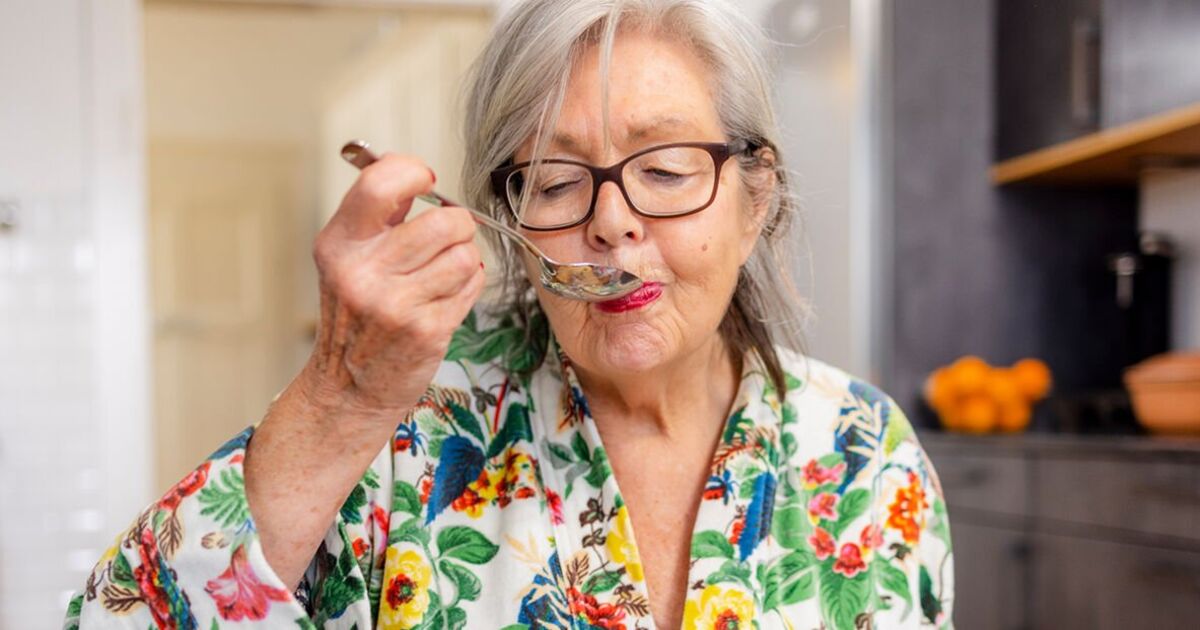A heart attack is a serious and life-threatening medical emergency that occurs when the supply of blood to the heart is cut off. This is often caused by a blood clot.
The lack of blood to the heart is extremely damaging to the organ and can even prove fatal.
Like all medical issues, preventing a heart attack is always better than having to treat someone afterwards.
With this in mind an expert took to social media to share the best ways to lower your risk for a heart attack.
He acknowledged some factors that contribute to a heart attack are beyond our control, such as genetics. But by following these steps you can significantly reduce your risk.
Speaking on TikTok, cardiologist Doctor Mohammed Alo, said: “Top ways to prevent a heart attack.
“Number one – change your parents. Unfortunately, a lot of these things that can prevent heart disease are genetic.”
But he went on to share achievable steps we can take. These were:
Diet
“You can improve your diet,” Dr Alo said.
Specifically he recommended switching to a Mediterranean diet.
He said: “More fruits and vegetables, more soluble fibre. More fish in your diet.
“More olive oil in your diet, especially when you substitute out saturated fats for olive oil.”
The Mediterranean diet focuses on healthy fats, whole grains, fruits, vegetables, beans, nuts and seeds.
Studies have shown it can boost heart health, lower the risk for diabetes, dementia and arthritis and help weight loss efforts.
Stop smoking
According to the British Heart Foundation (BHF), smoking is “very harmful” to the heart.
“It seriously increases your risk of developing heart and circulatory diseases,” it says.
Weight
To lower your heart attack risk, Dr Alo said: “Get as close to your ideal body weight as possible.”
While there is no set rule for how much a person should weigh as there are many variables, you could use the NHS BMI checker for a rough guide.
Do more exercise
The NHS recommends at least 150 minutes of moderate exercise a week to stay healthy.
Dr Alo added: “Those are all the kinds of things you can do to improve your health and your risk despite your genetics. Obviously, we can’t change your genetics.”










